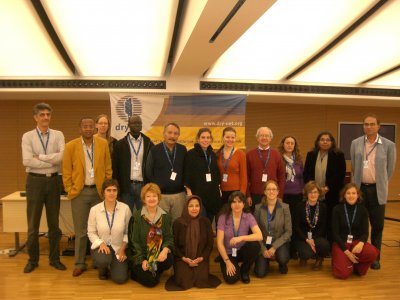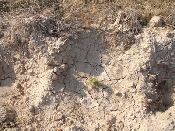|

| DRYNET |
A global initiative, giving future to drylands |
| Time span: |
ongoing, since 2007 |
| Description: |
In order to contribute to countering dryland degradation, Civil Society Organisations (CSOs) from all over the world joined forces in 2007 in a programme called Drynet. Since most drylands lie in marginalised, rural areas where few investments are made by central decision-makers and donors, communities themselves have a rich experience in developing their own solutions to the challenges of land degradation and drought. Many of these solutions are innovative and deserve more attention, as the largest investments in drylands still come from the local people themselves. Communities come up with their own management and delivery systems with relatively low overhead costs, and contribute labour, materials and skills. In other words, desertification could be tackled much more cost-effectively if local knowledge and action are taken into account when looking for solutions. Civil Society Organisations (CSOs) are recognised to play an important role in mobilising and supporting communities in their efforts to combat desertification. Some of them are also in touch with decision-makers at various levels in their country and abroad, making them potentially a crucial nexus between local land users and national decision making. Therefore, Drynet is focusing on further developing capacities of CSOs working in drylands across the globe. By involving civil society groups in local and national development and planning processes Drynet builds a foundation for civil society across the world to strengthen its position in the struggle to sustainably manage drylands. Drynet is a networking and capacity building initiative that aims to strengthen the voices of local dryland communities through their organisations. It has been financed so far by the European Union, the Global Mechanism, the Dutch Ministry of Foreign Affairs, IUCN NL, PSO, Miserior, and the network partners themselves. |
Countries:
|
Worldwide, from Bolivia and Chile to Mauritania and South Africa, from Central Asia and Iran to Norway and France |
|
Website:
|
http://www.dry-net.org |
|




